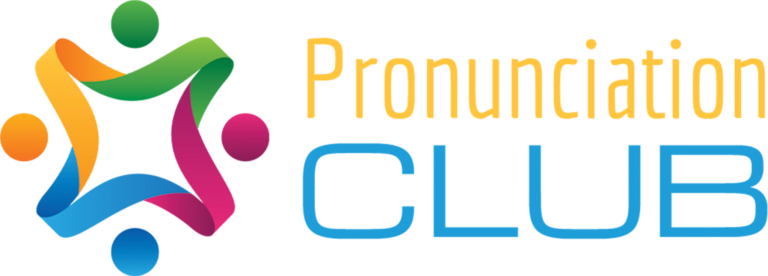It’s confirmed! Language learning starts in the womb! New research shows that we start to learn our language(s) during the last three months of our mother’s pregnancy.
The Research
Researchers once thought that we do not start to imitate language from the age of 12 weeks when babies start to demonstrate recognition of vowel sounds. However, that skill involves vocal control and we do not develop that until we are about 12 weeks old.
It is not physically possible for us to duplicate sounds before that stage in our development. However, we are constantly listening and absorbing the sounds of our language – not just from the moment of birth but from several months before we enter the world!
We are able to memorise sounds from the outside world inside our mother’s womb in the last few months of pregnancy. We have a particularly strong sense of melody formation in both music and language – and … it doesn’t matter what music or language!
The Proof?
The first moment we start to cry!
German researchers recorded and studied 60 healthy newborn babies crying in the first few days from birth. 30 of these babies were German and 30 were French. The study showed that the sound of the babies’ crying reflected the sounds of their mother tongue.
The German babies’ crying sounds had a falling melody formation. The French babies’ crying had rising melody formation. These crying formation patterns are the same as the French and German language sound formations.
Another research team played tapes of French and Russian melodic language sounds to French babies which showed signs of preference to their mother tongue through slow or increased sucking on their pacifiers.
Bilingual Mothers
Babies born to bilingual mothers, who speak both languages throughout their pregnancy, will also be able to recognise these both languages from other languages. Each language has its own ‘melody’ and the baby will feel these sound vibrations and will be able to recognise and distinguish them, the way we can between one song and another song or singer.
In all studies newborn babies showed a preference for their mother’s voice. This was not surprising as this is what they heard transmitted to them through their mother’s lungs for the previous few months. They are already familiar with the rhythm of her sound and find it an immediate comfort after the trauma of being pushed into the very noisy and bright outside world after months of darkness, warmth and absolute security.
The Newborn Brain
A newborn baby has 100 – 200 billion brain cells and they can do a lot with all that brain power:
- They can recognise their mother’s voice from other voices.
- They can distinguish their native language from other languages.
- They show a definite preference for their native language.
Conclusion
In conclusion, it is the “melody” of the language that the baby hears and recognises months before birth and continues to listen to and absorb until it can start to imitate the sounds it hears as those skills mature and develop.
We all were born with the ability to do this. We have all already learned a language – our own native language. We can do it again. The only thing that is stopping us is our desire to do it. If you really, really want to learn another language you will do it. Start the way we did as babies:
- Listen to the new language as much as possible to develop a feel for the “melody” of the language. (You do NOT have to understand it – just the “melody” first.
- Practising saying the sounds of the language is next.
- Next start to learn words (vocabulary), and there are many ways to suit your own personal learning preference.
- Words will convert to sentences through learning sentence structure (grammar).
- You will start speaking the language.
If you are pregnant and have always wanted to learn another language this is a good time to start as you will not only be teaching yourself, you will also be teaching your baby as language learning starts in the womb!
Adapted from:
http://www.sciencedaily.com/releases/2009/11/091105092607.htm
http://www.eurekalert.org/pub_releases/2009-11/cp-bll102909.php
http://wondertime.go.com/learning/article/what-babies-know-at-birth.htmlhttp://www.breatheasy-stress-relief.com/stress-relief-pregnancy.html


